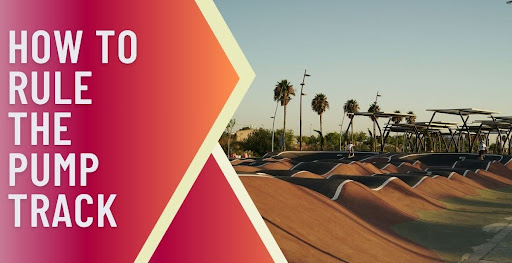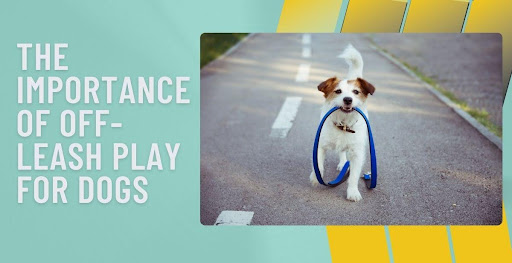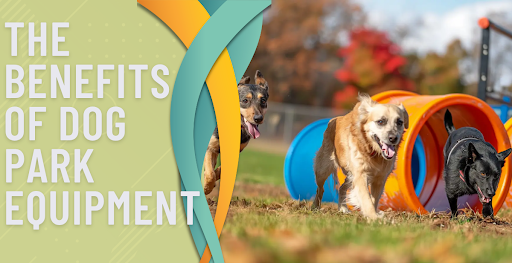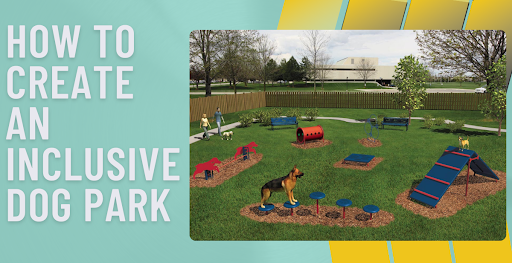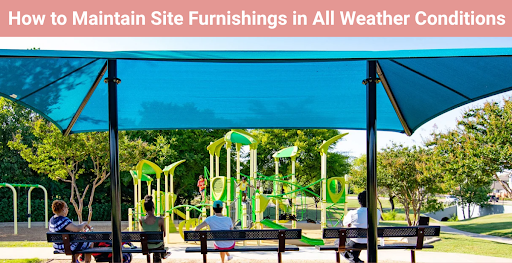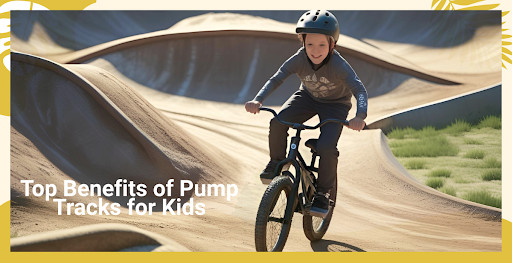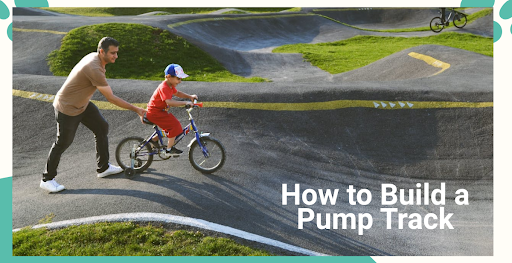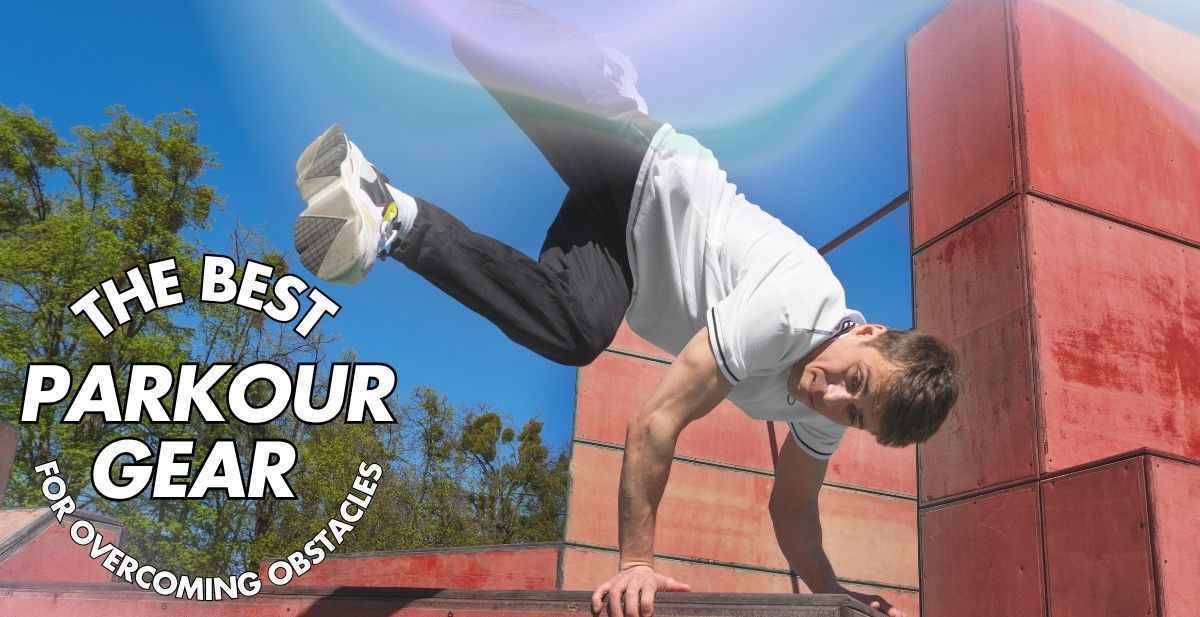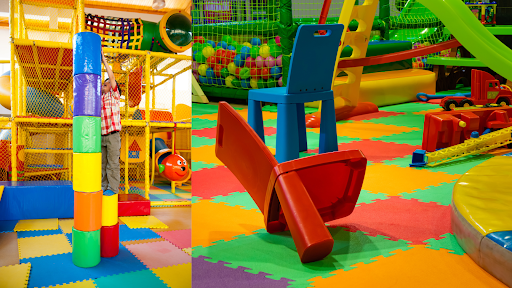12 Benefits of Skateparks for Kids
Learn about the 12 key advantages that skate parks can offer young riders and why they should start riding at a public park!


If your kids are into skateboarding, you might question whether riding at the public skate park is safe. Skateboarding is not just a recreational activity; it's a powerful tool that can positively impact the lives of children and adolescents.
Skateboarding can be an extreme sport, but skate parks are the safest place for young people to skate. As for the community members, people at most skateparks are usually kind to children, making most skate parks generally safe for kids.
Skate parks provide purpose-built spaces where kids can explore their passion for skateboarding while reaping numerous benefits. A skate park is a safe place for skating, honing skateboarding skills and building meaningful relationships.
What Is a Skate Park?
Skate parks are safe and controlled recreational facilities for skateboarding, BMX riding, and other action sports. They offer ramps, rails, and other obstacles for skaters and riders to practice tricks and jumps. They are designed for different skill levels while practicing tricks and riding styles with durable materials like concrete or composite.
This place is where individuals cultivate healthy habits, such as self-directed exercise and creative expression. It's a space where young people can learn the importance of perseverance and the value of persistence, and experience a sense of achievement, leading to increased confidence.
It is a beautiful recreational facility that is both accessible and safe for everyone and serves as a great community gathering spot for skaters, skateboarders, families, most skateboarders, and the entire community.
People of all ages, genders, and abilities enjoy skateboarding, BMXing, scootering, inline skating, and roller skating.
Why Are Skate Parks Important?

Skateboarding has become a popular activity among various age groups and genders, including children, middle-aged individuals, and those who identify as non-binary or gender-diverse.
As such, skateboarding has the potential to offer unique and creative perspectives on designing public spaces that are safe, inclusive, and sustainable. These designated spaces should be lively, diverse, and engaging for people of all ages and backgrounds.
Providing children opportunities to grow and thrive in such environments is essential to sustain healthy communities.
Benefits of Skateparks
As long as kids are taught proper skate etiquette, they should be able to get along with other people just fine. Skateparks offer kids various advantages, from physical fitness and motor skills development to mental well-being, social skills, and interactions.
Here are the benefits that can be acquired through skateboarding:
1. Physical Fitness
Skateparks promote physical activity, especially skateboarding, which demands balance and coordination and provides a cardiovascular workout. Consistent visits help develop strength, flexibility, and endurance, improving overall health.
2. Motor Skills Development
Skateboarding requires the mastery of fine and gross motor skills. From pushing the skateboard and maintaining balance to executing tricks and maneuvers, kids enhance their motor skills through regular skatepark practice.
These skills transfer to other areas of their lives, such as sports, academics, and everyday activities.
3. Boosts Confidence and Self-esteem
As children learn and progress in skateboarding, they experience a sense of achievement, boosting their confidence and self-esteem. Overcoming challenges, mastering new skills in challenging locations, and witnessing personal growth in skateparks empowers kids, instilling a belief in their abilities that extends beyond the sport.
4. Enhances Balance and Coordination
Skateboarding combines extreme physical exertion and demands a high level of balance and coordination, which improves significantly with regular practice. Navigating ramps, performing tricks, and maintaining stability on the skateboard enhance children's proprioception and spatial awareness.
These skills are valuable in various physical activities and can contribute to overall body control.
5. Promotes Risk Management and Resilience
Skateparks provide a controlled environment for kids to explore risk-taking behavior in a safe and supervised setting. Children learn to assess risks such as skateboarding injuries happen, make informed decisions, and develop resilience by attempting new tricks and overcoming fears.
These skills transfer to other aspects of life, enabling them to face challenges confidently.
6. Encourages Creative Expression
Skateparks offer a platform for children to showcase their creativity and uniqueness. With a diverse range of ramps, rails, and obstacles, kids are encouraged to invent their own skateboard tricks, experiment with various styles, and develop their skateboarding identity.
This creative outlet nurtures imagination and sparks innovative ideas.
7. Improves Focus and Concentration
Skateboard improves brain function, which demands concentration, perseverance, and being present in the moment. Kids at the skatepark learn to ignore distractions, remain focused on their objectives, and execute tricks with accuracy. These skills can be applied to academic pursuits and daily activities, ultimately improving their cognitive skills.
8. Builds Social Connections
Skateparks serve as social centers with ample community interaction for many skateboarding youth, uniting kids with love for skateboarding. It creates a chance for kids to make friends at the skatepark and form bonds with others who share their enthusiasm, creating a friendly atmosphere and a feeling of belonging.
Skateparks offer a supportive community where kids can learn from and motivate each other.
9. Teaches Respect and Sportsmanship
Skate parks teach children valuable lessons in respecting others, sharing space, and taking turns. They also teach sportsmanship by encouraging and supporting fellow skaters, regardless of skill level.
These values of respect, inclusivity, and sportsmanship are carried beyond the skatepark and impact their interactions with others.
10. Enhances Problem-Solving Skills
Skate parks present a variety of challenges and obstacles that require problem-solving skills. Children learn to analyze situations, strategize their approach, and adapt their techniques to overcome obstacles.
This ability to think critically and find creative solutions helps develop their problem-solving skills, which are vital in all areas of life.
11. Provides a Safe and Supervised Environment
Public skateparks provide a secure and monitored setting for kids to enjoy skateboarding. With well-planned facilities and attentive supervision, the likelihood of accidents and injuries is minimized.
Parents in skatepark communities can rest assured that their children are honing their skills in a nurturing and safe environment.
12. Instills a Healthy Lifestyle
Frequent skateboarding at skate parks is an excellent way for children to maintain an active and healthy lifestyle. Engaging in skateboarding provides a fun and exciting physical activity that surpasses sedentary behaviors, such as spending too much time in front of screens.
Kids who visit skate parks regularly tend to prioritize fitness, which can result in long-term and significant physical health benefits and advantages.
Tips for Kids at the Skate Park

- Always wear the appropriate safety gear.
- Respect other skaters and their space.
- Watch for obstacles and take turns.
- Be aware of your surroundings at all times.
- Stay within your skill level to avoid injury or accidents.
- Have fun and enjoy the ride!
Skate parks are a great way for kids to stay active, develop problem-solving abilities, and learn healthy behaviors. By following safety precautions and staying within their skill level, children can reap the benefits of skateboarding without putting themselves at risk.
When planning to take your child to the skate park, ensure they are adequately prepared. Ensuring your child has all the necessary safety equipment for skateboarding injuries, such as a helmet and pads, is paramount.
It is also helpful to familiarize yourself with any rules or regulations that may govern the skate park, so you can ensure everyone complies.
Did you know that Park N Play Design specializes in designing and building kid-friendly skate parks?
We're passionate about allowing kids to experience outdoor fun and learn valuable skills through building their own skateparks. We understand the importance of creating a safe and secure environment where children can have fun while developing healthy habits and gaining confidence.
Our team is well-equipped to collaborate with your project development team to provide valuable advice and education to stakeholders, ensuring that the final park is of the highest quality. We'll work with you every step of the way to ensure that your new skatepark meets your specific needs.
Contact us today for a consultation! We can't wait to help you create a fun and safe environment where your children can have fun, learn, and make memories that will last a lifetime.
Final Thoughts
Skate parks present a variety of benefits for children. They can hone their problem-solving skills, enjoy a safe and supervised environment, and instill healthy lifestyle habits.
To ensure everyone has an enjoyable youth safe experience at the skatepark, that's why it is essential to remember to install safety equipment and familiarize yourself with rules and regulations. With these tips in mind, your child will have a rewarding experience at the skatepark.
As a parent, if you're hesitant to visit every skatepark in the US due to time constraints, you can get a skatepark or even build your concrete skatepark in your backyard or near your home, ensuring your family has access to a fun and safe space without the hassle of traveling.
Let me know if you would like additional adjustments!
FAQs
How old should a kid be to go to skateparks?
Children 8 years old or older can safely enjoy skateboarding at the skatepark, provided they wear protective gear and learn the appropriate behavior and flow of the skaters. If a child can skate independently with friends or solo, visiting the skatepark with their peers is likely safe without requiring a guardian present, provided they have been taught the proper skate etiquette.
This includes taking turns with other younger skaters, avoiding snaking runs, and not obstructing the paths of other skaters. If you plan on dropping off your child at the skatepark, it is essential to ensure that they understand and follow these rules to earn the respect of older skaters in the skateboarding community.
Do skateparks keep kids from studying?
No. For any teenager or kid, doing any activity can affect their studies, including playing video games, watching TV, or spending hours on their phone. Skateboarding is no different, but Skateparks can help kids stay focused and motivated in school.
It's important to note that children are only permitted to skate at the park after school hours, as local authorities prohibit their presence during school hours. Furthermore, skating is only allowed until sunset, encouraging kids to head home and focus on their studies in the evening.
If you're concerned that your child may prioritize skating surrounding skateparks over their academics, it's essential to establish clear guidelines. It's unfair to solely blame skateparks for a child's lack of interest in school; parents play a significant role in guiding their children towards the right path.
Some parents have successfully incentivized their children's academic achievements with additional skating time or new skateboarding equipment. This encourages children to prioritize their studies while enjoying their passion for skating.
Can girls safely hang out at the skatepark?
Yes, Hanging out at the skatepark can be a safe and enjoyable activity for girls. Skater boys are often impressed by girls who have good skating skills. If you have concerns about your daughter's safety, you can accompany her to the park or encourage her to go with trustworthy friends.
As a girl looking to connect with fellow skaters, regardless of gender, skating together is a great way to do so. Even if you still need to be confident in your abilities, other riders often offer tips and support to help you improve.


